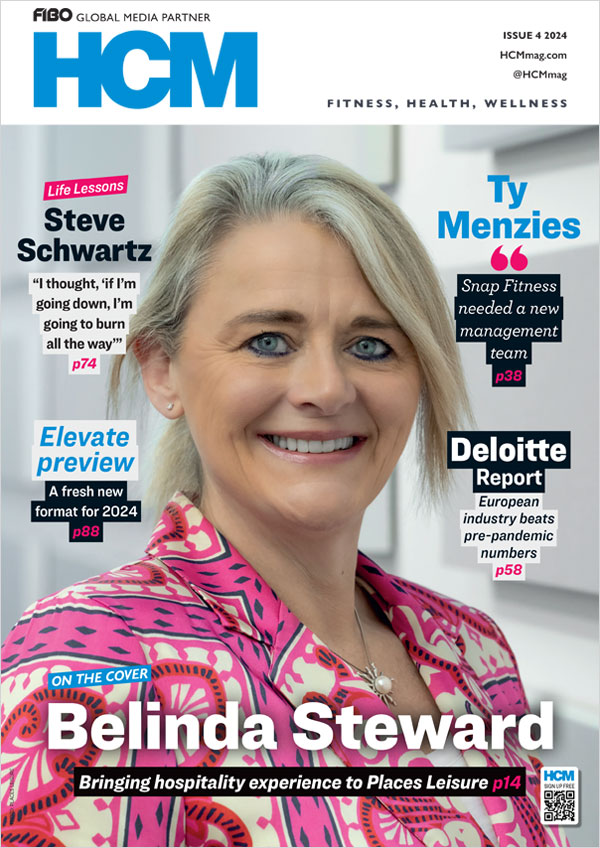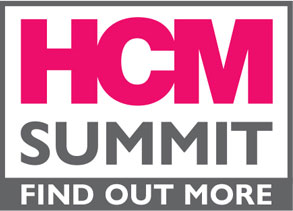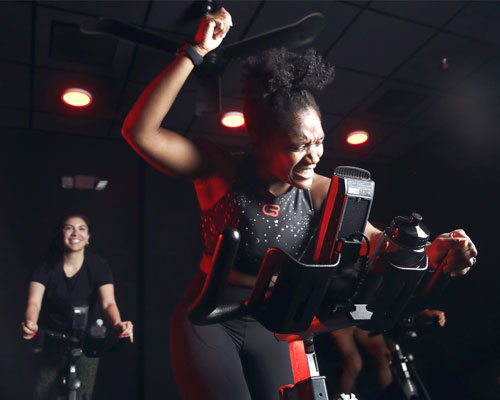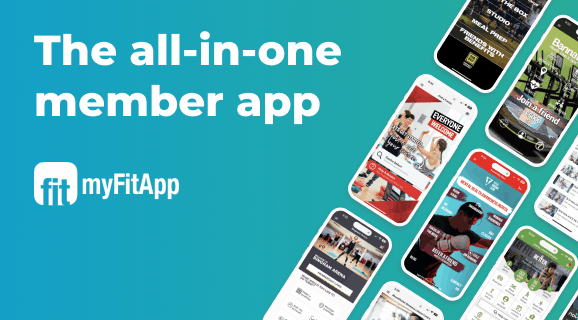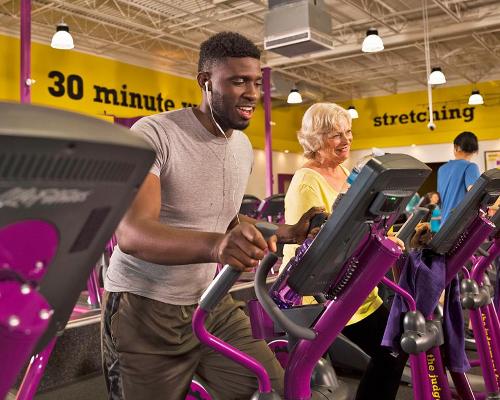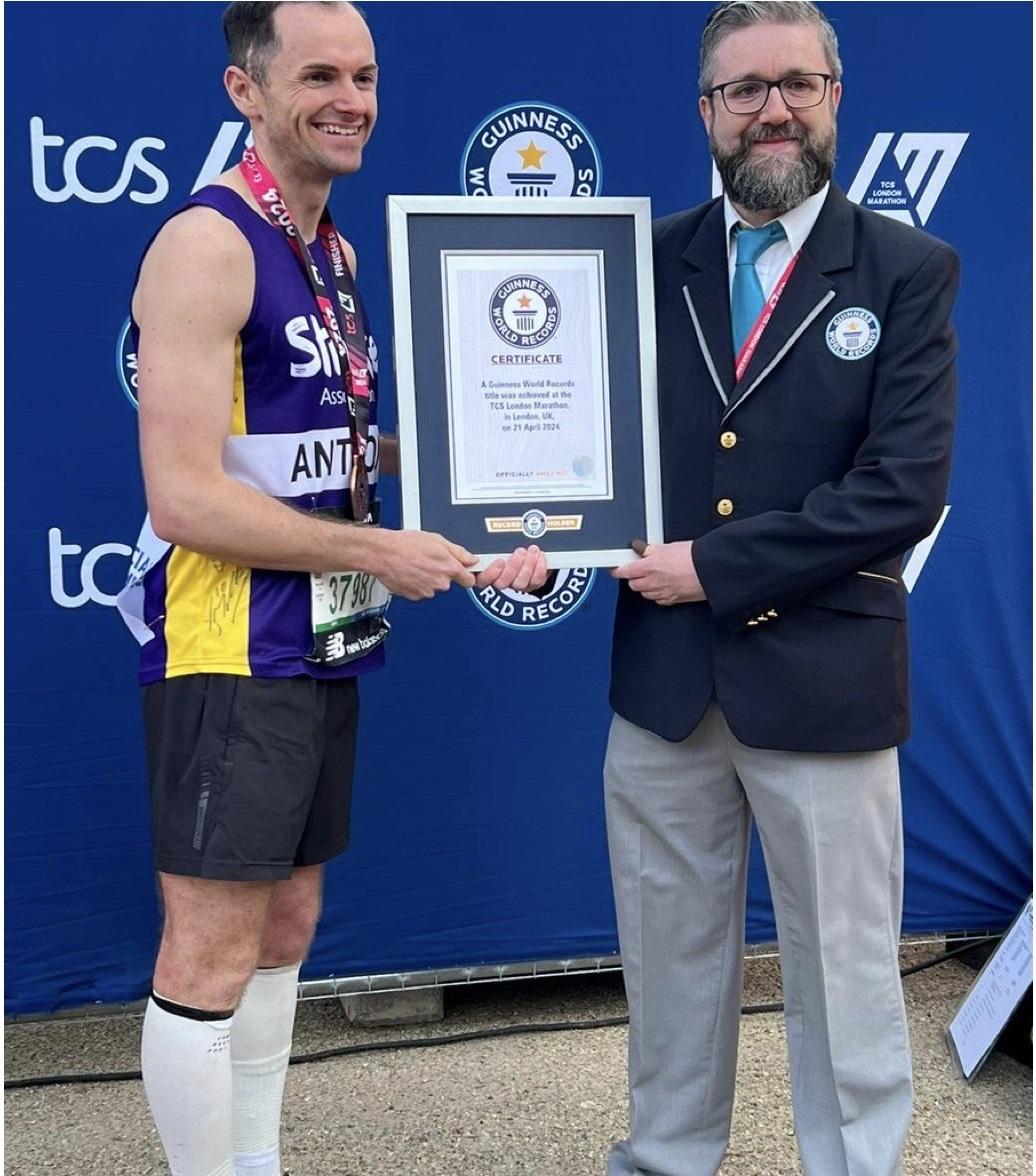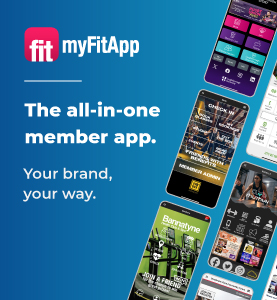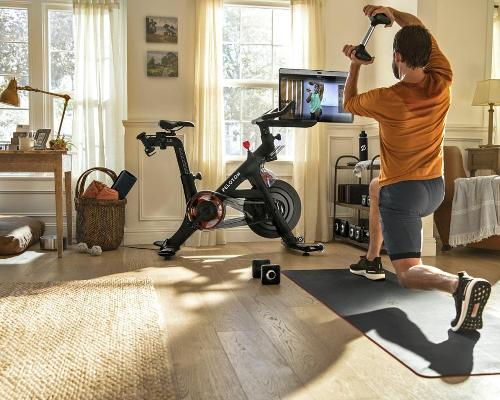features
Born identity
Pinpointing generational health patterns helps government and corporates to project future needs. Louise Park of Ipsos MORI takes a look at Millennials

Millennials’ is an abused term, misused to the point where it’s often mistaken for just another meaningless buzzword. Unfortunately, many of the claims made about millennial characteristics are simplified, misinterpreted or just plain wrong, which can mean real differences get lost.
Millennials are a huge group of people and most of them aren’t that young anymore. In 2017 the youngest Millennials, defined by the c.15-year birth cohort born 1980-1995, are 22 and the oldest are 37. They’re no longer the ‘up and coming’ generation. However, Millennials rightly attract attention as they’re moving towards their most economically powerful phase. Their tastes and preferences are often still forming but will set the government and business agenda for years to come.
There are some attributes that make Millennials a distinct generation – and these characteristics are likely to stay intrinsic to them over time. Identifying their most important attributes will help us to predict what Millennials will be doing or thinking in the future.
It’s important to distinguish these types of attributes from those held by Millennials simply because they’re at a certain stage in their life, as well as from attributes held by all generations because of world affairs at any one time.
By figuring out the real generational health patterns of Millennials, we can better predict their future health and wellbeing needs – and adapt our agenda to best meet them square on.
Fit but Fat
Millennials living in England are actually more active today than Generation X were at an equivalent age. When the average Millennial was 26, just under half (46 per cent) were hitting the recommended amount of physical activity per week (150 minutes of moderate intensity activity each week, in bouts of 10+ minutes). This may not sound great, but it’s higher than previous generations – only 40 per cent of Generation X were achieving the target levels of exercise when they were 26.
Despite being a more active generation, Millennials are probably the first young generation in England where more than half of the population is overweight while their average age is in the mid-20s. Using Health Survey for England data, we can see that more than half (53 per cent) of Generation X in 1999 (when they were the same average age as Millennials in 2013) was of a healthy weight, compared with 48 per cent of Millennials. So, we must look at the respective diets to understand this apparent contradiction between the different levels of physical activity and weight between the generations.

![MILLENNIALS ARE THE FIRST YOUNG GENERATION WHERE OVER HALF ARE OVERWEIGHT [% with a healthy weight (BMI: 18.5-24.9) in England] MILLENNIALS ARE THE FIRST YOUNG GENERATION WHERE OVER HALF ARE OVERWEIGHT [% with a healthy weight (BMI: 18.5-24.9) in England]](https://www.leisureopportunities.co.uk/images/824046_220970.png)
Binge Drinking
Trend data from Health Survey for England show there’s a strict generational pattern to regular drinking. Every generation has drunk less regularly than the one before it, with only six per cent of Millennials drinking alcohol on five-plus days a week, compared with over double that among Generation X at an equivalent point. In terms of overall volume of alcohol consumed, Millennials are drinking less.
Unfortunately, analysing the volume of alcohol consumed by cohort is difficult, as the UK definition of an alcohol ‘unit’ changed in 2006, so a snapshot of how much the generations are drinking now is the only possible way to compare Millennials with their older counterparts. The most recent data from 2014 shows that Millennials aren’t only drinking less frequently, but they’re drinking less overall. Only a quarter of Millennials (25 per cent) drink more than 14 units of alcohol/week (‘increased risk’) compared with 31 per cent of Baby Boomers and 30 per cent of Generation X.
However, although English Millennials drink less overall and less regularly, when they do drink, they tend to drink heavily. On their heaviest drinking day, 28 per cent of Millennials consume over the recommended alcohol limit, slightly more than Generation X (24 per cent) and Baby Boomers (20 per cent).

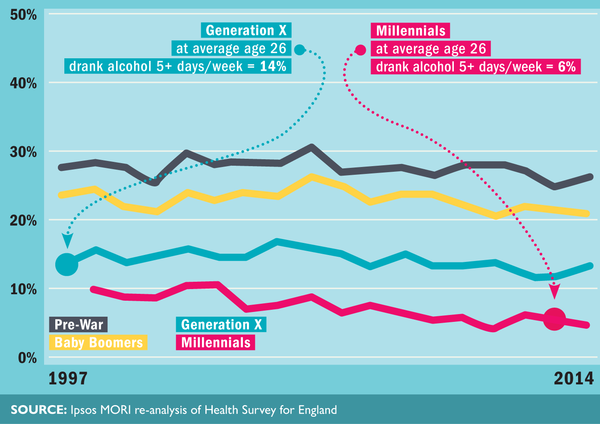
Smoke Signals
Smoking rates in England have fallen dramatically over time. In 2014, fewer than one in five (19 per cent) adults smoked in Britain, down from a peak of 46 per cent in 1976*, and there’s been a clear cultural shift towards quitting.
Millennials reached adulthood in England with a lower smoking rate than Generation X. But the pattern since is much less encouraging, with Millennials giving up at a lower rate than other generations – so much so that they’ve overtaken Generation X as the cohort most likely to smoke. They’re still smoking much less than Generation X did at a comparable age: the Millennial smoking rate at an average age of 26 was 29 per cent, compared with 36 per cent for Generation X, but the particular generational circumstances of Millennials means those who do smoke may be holding on to the habit longer. The Millennial line starts lower, and continues to decline – but that rate is slower.
This pattern may well be linked to delayed adulthood among Millennials: later to leave home, later to buy a house, later to marry, and crucially, later to have children. Put simply, Millennials have less responsibility for longer and smoking is an excellent example of how delayed life choices impact on other behaviour.
*https://digital.nhs.uk/catalogue/PUB20781

![SMOKING RATES ARE DECREASING AT A LOWER RATE AMONG MILLENNIALS [% current smoker (smoke everyday/some days) in England] SMOKING RATES ARE DECREASING AT A LOWER RATE AMONG MILLENNIALS [% current smoker (smoke everyday/some days) in England]](https://www.leisureopportunities.co.uk/images/670102_48169.png)
Sugared Up
Arguably one of the best indicators of poor diet is sugar consumption. The average daily amount of free sugar consumed by Millennials is around 75g, compared with 55g by Generation X and 53g by Baby Boomers (National Diet and Nutrition Survey, NDNS).
To put this in perspective, the NHS recommends that adults should eat no more than 30g of free sugars per day. No age group is doing particularly well, but it means Millennials on average are consuming more than double the healthy amount of sugar per day. If we also take into account likely under-reporting amongst survey participants, then this estimate could be optimistic at best.
However, what about life stage? We might expect younger age groups to want and eat more sugar than older age groups, but is the true? To find out, we can compare the most recent data with the first year of NDNS in 2000/2001, when the average Gen Xer was 29. Although not a perfect like-for-like comparison, Generation Xers were eating on average 65g of sugar a day in their late 20s – 10g less than Millennials today. Even if the absolute levels of sugar consumption are hard to have confidence in, this indicates a boost in sugar consumption among Millennials compared with Generation X at a similar age point. So although Millennials are more likely to reach the recommended daily amount of physical activity, in terms of weight and eating it’s becoming clear that the Millennial generation is not ‘healthier’ than previous generations.

About the author

Louise Park is research director at Ipsos MORI’s Social Research Institute – a leading UK-based research agency that supports decision-makers through analysis of a range of societally relevant topics, including health. Louise leads on all public health research.
[email protected]
@IpsosMORI
